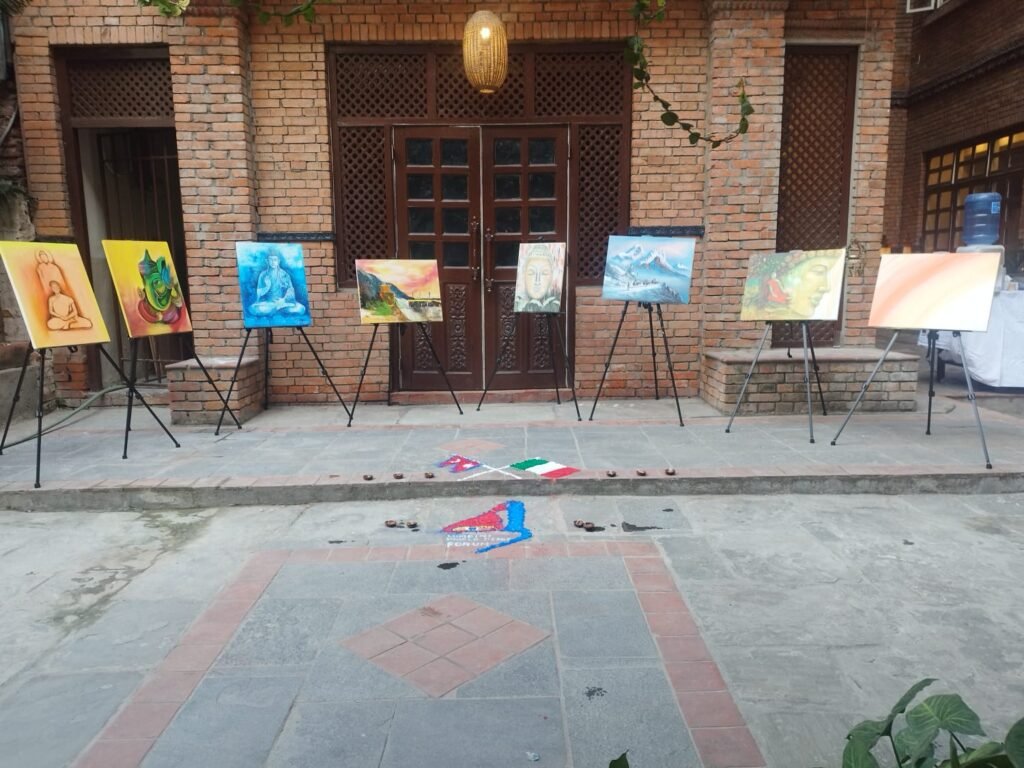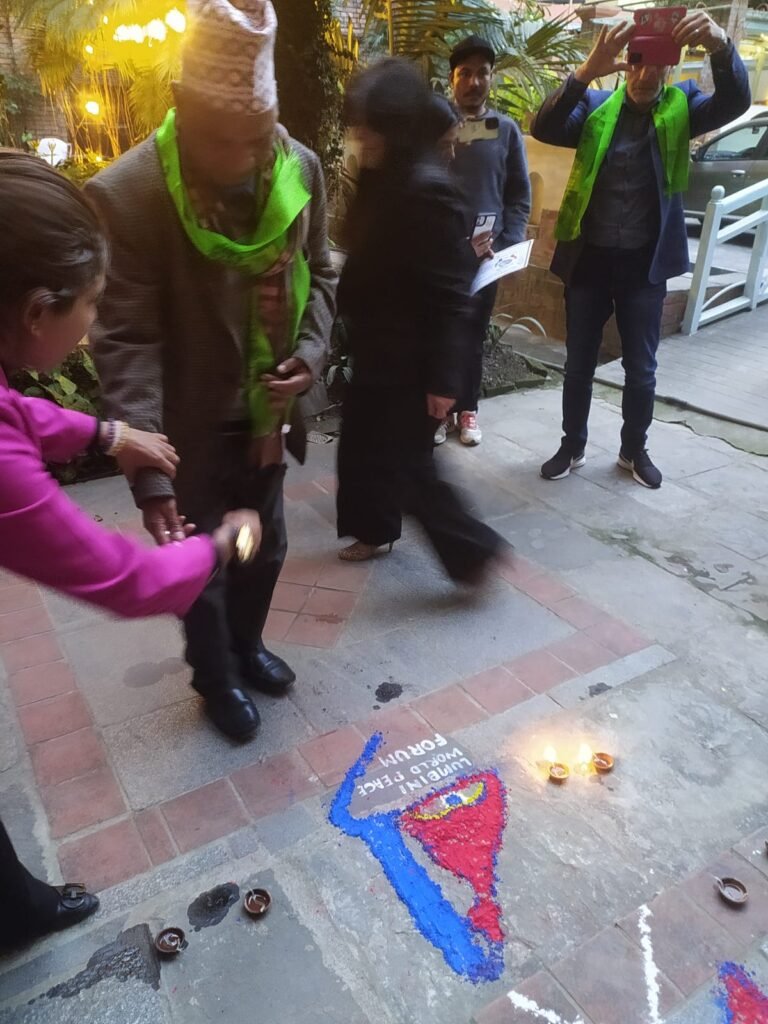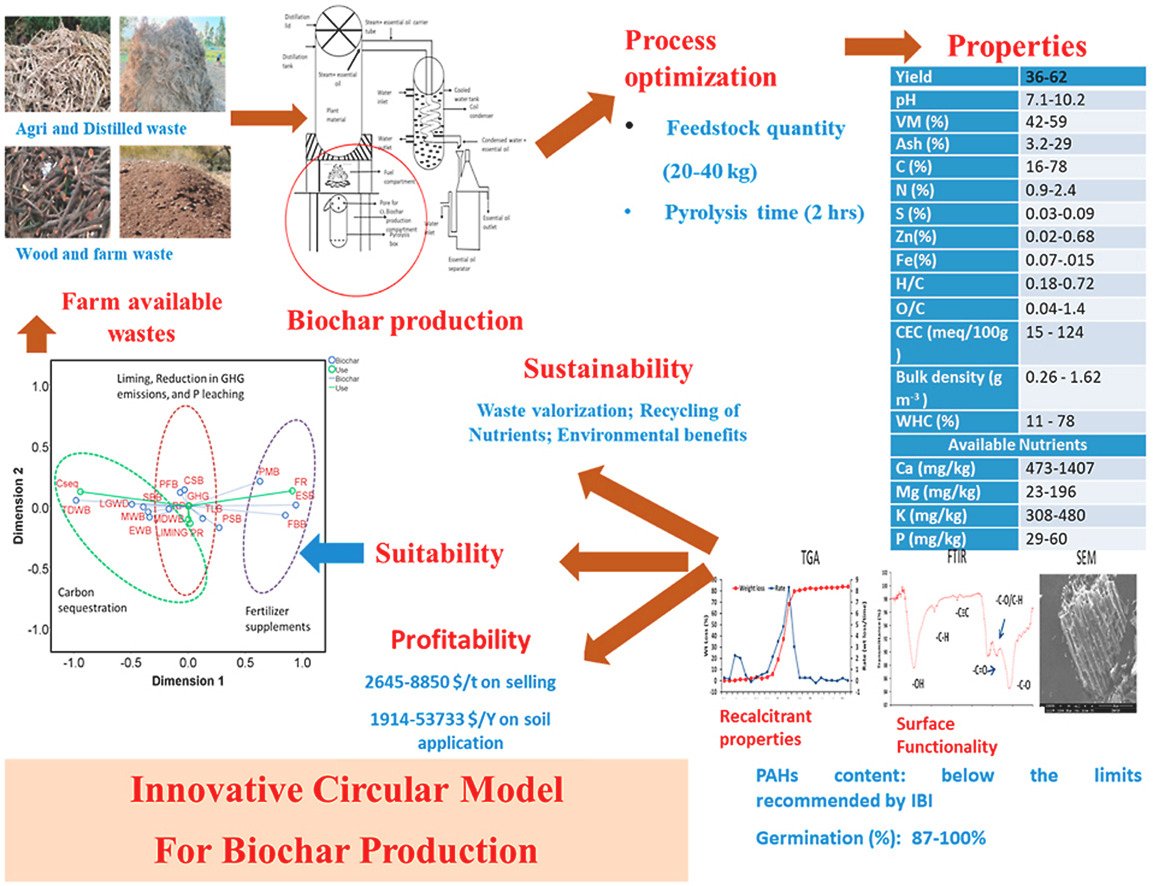06 Mar 2025

On March 5th, 2025, a collaborative symposium, “Energy Efficiency and Disarmament: Twin Pillars of a Sustainable Future,” was convened by Eco Climate Innovation, Community Leadership Nepal Foundation, AIROI, Good Mind Center, Global Sustainable Future Network, Lumbini World Peace Forum, and Pace e Giustizia, Cuore di Donna, under the leadership team of Ujjwal Amatya, supported by Shreeta Joshi.
The symposium, grounded in the opening monk prayers, unfolded through a series of insightful sessions. Dr. Renuka Thakore’s presentation, “The Nature of Energy,” served as a foundational exploration, delving into the fundamental principles governing energy and its implications for our world. This session aimed to provide attendees with a deeper understanding of the scientific underpinnings of energy challenges and solutions.
Following this, the former Minister of Forestry of Nepal provided a compelling account of plantation activism in the Sudurpaschim province. This presentation transcended mere environmental advocacy, highlighting the tangible impact of grassroots initiatives and the crucial role of youth engagement. The Minister detailed specific programs designed to empower young people with employment opportunities in the burgeoning environmental sector, thereby fostering a sense of ownership and responsibility for the planet’s future.
Mr. Rabindra Lamichhane, Executive Director of Clean Up Nepal, then took the stage to present “Moving Towards Energy Efficiency: Clean Energy for a Sustainable Future.” This session focused on practical strategies for transitioning to cleaner and more efficient energy sources. Lamichhane presented data-driven insights and actionable recommendations, emphasizing the importance of policy changes, technological innovation, and public awareness campaigns in driving this transition.
Umesh Pudaseni of the Shivapuri Astropodos Organization introduced the audience to the innovative concept of biochar in agriculture. His presentation highlighted the potential of this sustainable practice to enhance soil fertility, sequester carbon, and improve agricultural productivity. Pudaseni also emphasized the crucial role of youth engagement in promoting and implementing these innovative agricultural solutions, showcasing the dynamic interplay between scientific innovation and community-driven action.
The final session, led by Gladys Mabel Cantelmi, World Peace Ambassador, Peace Culture Educator, International Visual Artist, and Realistic Coach, explored the profound connection between art, peace, and sustainability. Cantelmi articulated how artistic expression can serve as a powerful catalyst for social change, fostering empathy, understanding, and a shared commitment to a more peaceful and sustainable world. She highlighted the unique contribution of every individual’s creative endeavors in cultivating a culture of peace and environmental consciousness.
The symposium concluded with a meaningful exchange as attendees introduced themselves and shared their perspectives, fostering a sense of community and shared purpose. Finally, certificates were presented to the talented artists of the Art Nepal group and the monk leader, acknowledging their contributions to the event and their ongoing commitment to peace and sustainability. These certificates served as tangible symbols of the symposium’s overarching message: that individual actions, when combined with collective effort, can indeed pave the way for a more sustainable and harmonious future.

The Essential Nature of Energy
Energy is the lifeblood of modern civilization. It powers our homes, fuels our industries, and drives the technological advancements that define contemporary life. Yet, despite its fundamental importance, a significant portion of the global population remains deprived of reliable energy access. As of recent estimates, approximately 1.18 billion people are energy poor, unable to utilize electricity effectively—a figure 60% higher than the 733 million reported without any electricity connection in 2020.
Energy Wastage in the Theater of War
Contrasting this scarcity is the profound wastage of energy resources precipitated by armed conflicts. Wars not only consume vast amounts of energy but also devastate existing energy infrastructures, leading to prolonged inefficiencies and shortages. For instance, the ongoing conflict in Ukraine has severely impacted its energy sector. Russian strikes have damaged Ukrainian gas production facilities, exacerbating the nation’s energy crisis and necessitating increased imports to meet daily consumption needs.
Moreover, the war has compelled European nations to reassess their energy consumption patterns. Forecasts indicate a reduction in primary energy consumption by approximately 455 petajoules per year between 2022 and 2024, underscoring the extensive energy ramifications of geopolitical conflicts.
Embodied Energy Loss and Economic Disruption
The destruction wrought by war extends beyond immediate energy concerns. The concept of embodied energy—the total energy invested in the construction and maintenance of infrastructure—is crucial here. When buildings, factories, and public utilities are destroyed, the embodied energy is irrevocably lost, representing a setback in both economic and environmental terms.
This destruction disrupts local economies, halting businesses and stifling economic activities. The cessation of commerce and industry leads to unemployment, loss of income, and a decline in the quality of life for affected populations.
The Disproportionate Impact on Women, Children, and Youth
In the aftermath of conflict and energy scarcity, vulnerable groups—particularly women, children, and young people—bear the heaviest burdens. Women often face increased caregiving responsibilities, limited access to essential services, and heightened risks to personal safety. Children’s education is frequently interrupted, with schools damaged or repurposed, leading to long-term detriments in human capital development. The youth, confronted with unemployment and instability, may become susceptible to exploitation or recruitment into armed groups, perpetuating cycles of violence and poverty.
Charting a Path Forward: Sustainable and Peaceful Development
To navigate these challenges, we must commit to a dual strategy that promotes peace and sustainable energy development:
- Invest in Renewable Energy Sources: Prioritize the development of renewable energy infrastructures, such as solar, wind, and hydroelectric systems, to provide reliable and sustainable power, particularly in underserved regions.
- Strengthen International Collaborations: Foster global partnerships to share technology, expertise, and funding, ensuring that energy initiatives are inclusive and equitable.
- Promote Peacebuilding Efforts: Support diplomatic and grassroots initiatives aimed at conflict resolution, recognizing that peace is a prerequisite for sustainable development.
- Empower Vulnerable Populations: Implement programs that specifically address the needs of women, children, and youth, ensuring they have access to education, employment, and healthcare, thereby building resilient communities.
- Cultivate Empathy and Democratic Values: Encourage educational curricula and community programs that promote empathy, tolerance, and active participation in democratic processes, laying the foundation for peaceful coexistence.
Conclusion
The intertwined challenges of energy inefficiency and armed conflict present formidable obstacles to global sustainability. However, by embracing renewable energy, fostering international cooperation, and nurturing a culture of peace and inclusivity, we can construct a future where energy empowers all, and the shadows of war are relegated to history.





